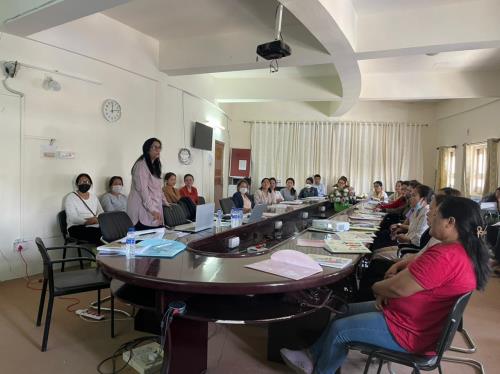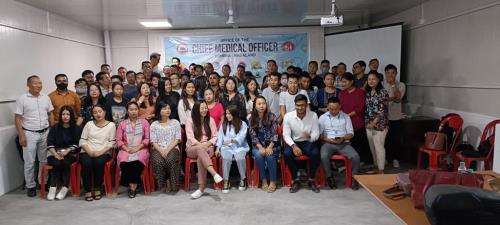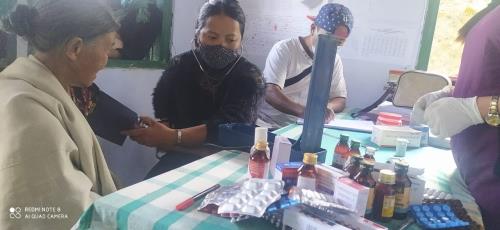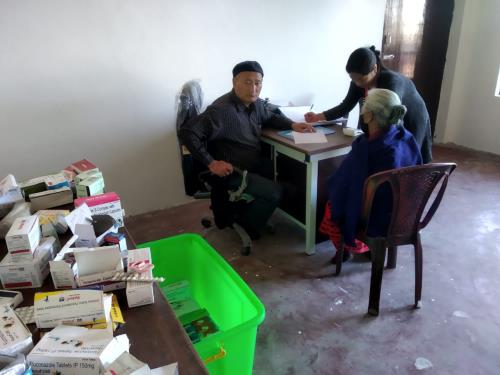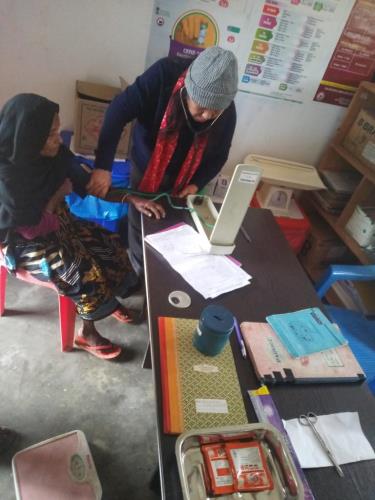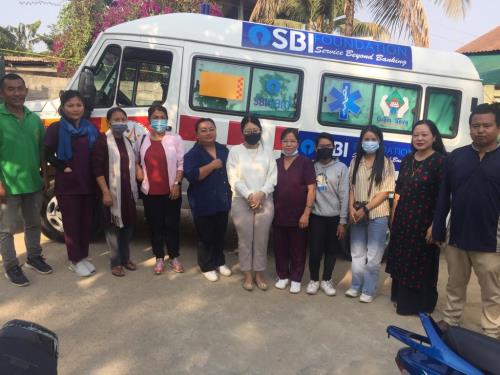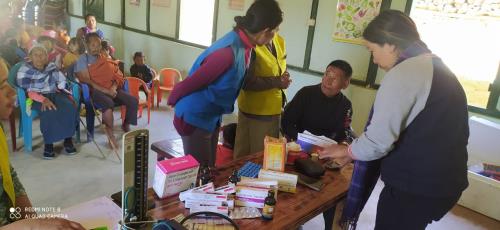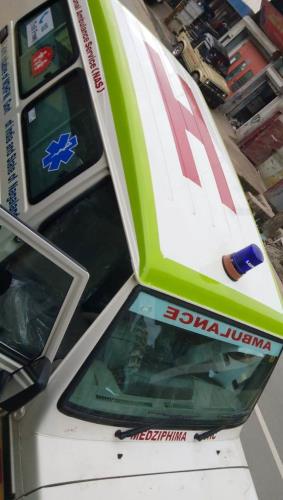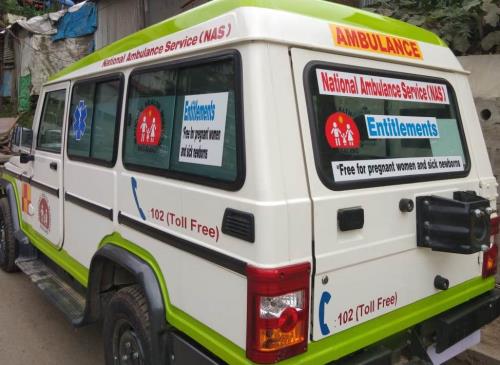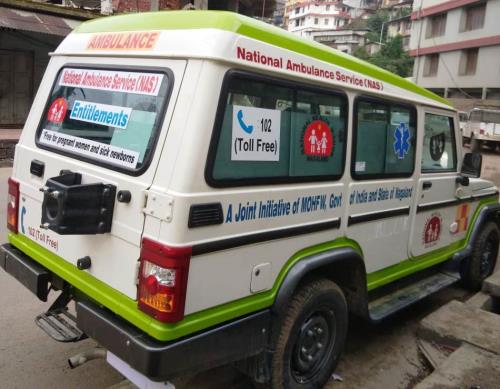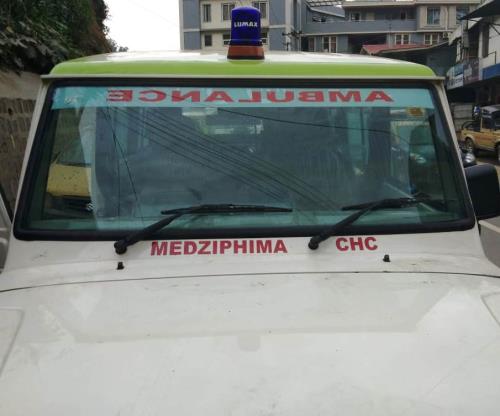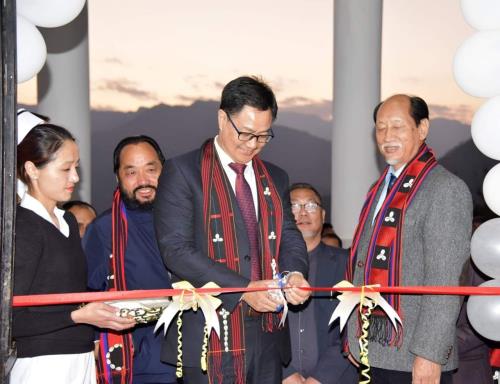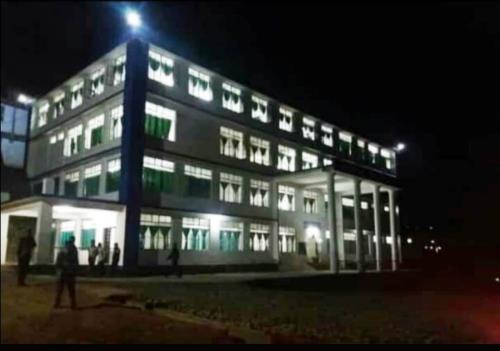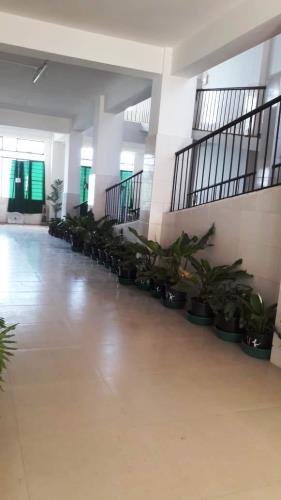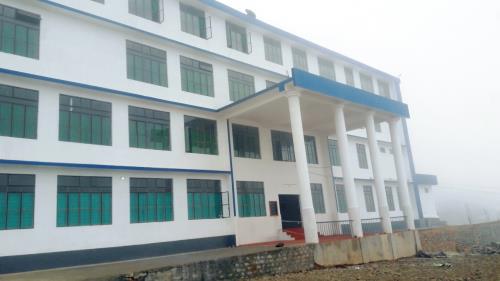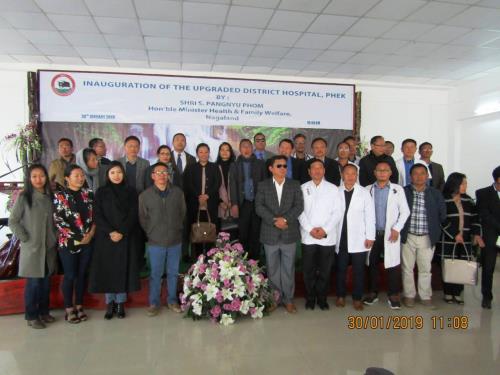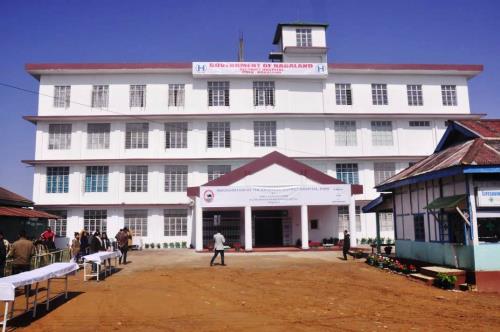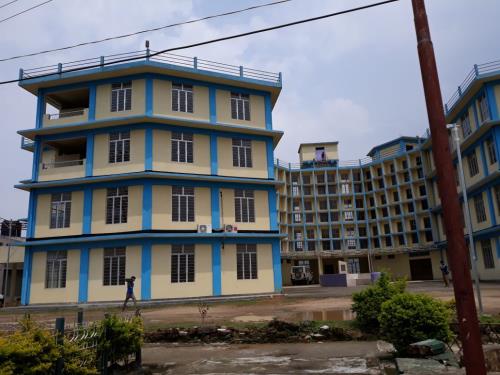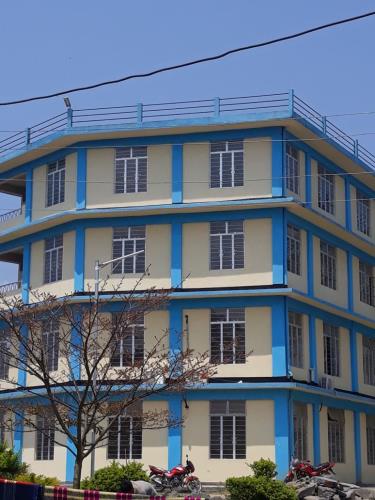
Our Vision :

To provide effective healthcare to rural population throughout the country with special focus on 18 sates, which have weak public health indicators and/ or weak infrastructure.
To provide effective healthcare to rural population throughout the country with special focus on 18 sates, which have weak public health indicators and/ or weak infrastructure.
To increase public spending on health from 0.9% GDP to 2-3% of GDP, with improved arrangement for community financing and risk pooling.
To increase public spending on health from 0.9% GDP to 2-3% of GDP, with improved arrangement for community financing and risk pooling.
To undertake architectural correction of the health system to enable it to effectively handle increased allocations and promote policies that strengthen public health management and services delivery in the country.
To revitalize local health traditions and mainstream AYUSH into the public health system.
Effective integration of health concerns through decentralized management at district, with determinants of health like sanitation and hygiene, nutrition, safe drinking water, gender and social concerns.
Addresses inter State and inter district disparities.
Time bound goals and report publicly on progress.
To improve access to rural people, especially poor women and children to equitable, affordable, accountable and effective primary health care...
Objectives :
Reduction in child and maternal mortality
Universal access to public services for food and nutrition, sanitation and hygiene and universal access to public health care services with emphasis on services addressing women’s and children’s health and universal immunization.
Prevention and control of communicable and non-communicable diseases, including locally endemic diseases.
Access to integrate comprehensive primary health care.
Population stabilization, gender and demographic balance.
Revitalize local health traditions & mainstream AYUSH.
Promotion of healthy lifestyles.
Approaches of NHM :
Communitize: this will entail transfer of funds, functions and functionaries to PRIs and also greater engagement of RKS, hospital development Committees or user groups etc.
Improved management through capacity: Right from the national level
NHM visualizes a sustained process of capacity development of management of the programme through, NHSRC, SHRCs. Besides these institutional arrangement districts and block level health management systems are being suggested, so that programme is more responsive to local management needs and challenges.
Flexible financing: Programme aims for making available untied funds at different levels of health care delivery system so that service guarantees as spelled out in the IPHS can be made availed.
Monitor progress against standards: Facility surveys will setup the benchmarks for the purpose of monitoring achievements of standards. Also additionally preparation of the annual reports by independent agencies will help in publishing these reports.
Innovation in human resource management one of the major challenge in making health services effectively available to the rural poor involves innovations in human resources management. NRHM proposes, ensuring availability of locally resident health workers, contractual positions, multi-skilling, integration with AYUSH etc so as to optimally use human resources.
Core Strategies of the Mission :
Train and enhance capacity of Panchayati Raj Institutions (PRIs) to own, control and manage public health services.
Promote access to improved healthcare at household level through the female health activist (ASHA).
Health Plan for each village through Village Health Committee of the Panchayat.
Strengthening sub-centre through better human resource development, clear quality standards, better community support and an untied fund to enable local planning and action and more Multi Purpose Workers (MPWs).
Strengthening existing (PHCs) through better staffing and human resource development policy, clear quality standards, better community support and an untied fund to enable the local management committee to achieve these standards.
Provision of 30-50 bedded CHC per lakh population for improved curative care to a normative standard. (IPHS defining personal, equipment and management standards, its decentralized administration by a hospital management committee and the provision of adequate funds and powers to enable these committees to reach desired levels).
Preparation and implementation of an inter sector District Health Plan prepared by the District Health Mission, including drinking water, sanitation, Hygiene and nutrition.
Integrating vertical Health and Family Welfare programmes at National, State, Districts and Block levels.Technical support to National, State and District Health Mission, for public health management.
Strengthening capacities for data collection, assessment and review for evidence based planning, monitoring and supervision.
Formulation of transparent policies for deployment and career development of human resource for health.
Developing capacities for preventive healthcare at all levels for promoting healthy lifestyle, reduction in consumption of tobacco and alcohol, etc.
Promoting non-profit sector particularly in undeserved areas.

